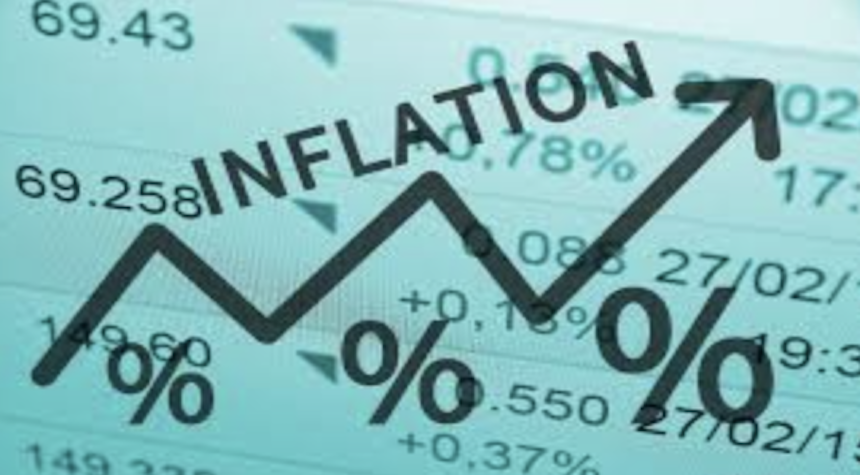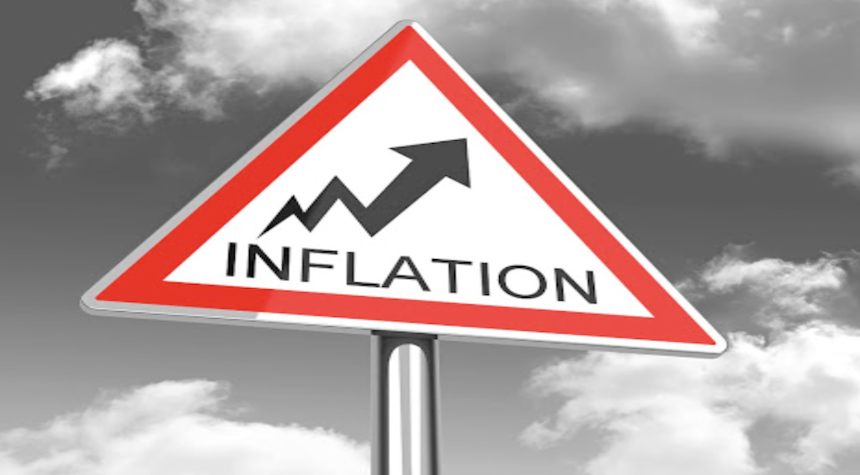According to a preliminary report by the University of Michigan, U.S. consumers expect inflation in the coming year to reach 4.3%. This is the highest reading since 2023.
Economists have pointed out that President Donald Trump’s proposal to impose tariffs on many products imported into the United States would increase prices for U.S. customers.
Consumer sentiment data came after a mixed job market report in the U.S. that was released before the opening of the U.S. Stock Market. It showed that hiring was half as high in December, but also contained some encouraging news for workers. The unemployment rate fell and average wages rose more than economists had expected.

The Federal Reserve could be hesitant to change interest rates if all the data are combined. The Fed cut its main interest rates in September to ease the pressure on the job market and economy. However, it warned that the Fed may have to reduce the rate less than expected in 2025 due to concerns about inflation remaining stubbornly high.
Wall Street would almost always prefer lower interest rates because they can encourage investors to pay higher prices for stocks and other investments. The downside is they can give inflation more fuel.

